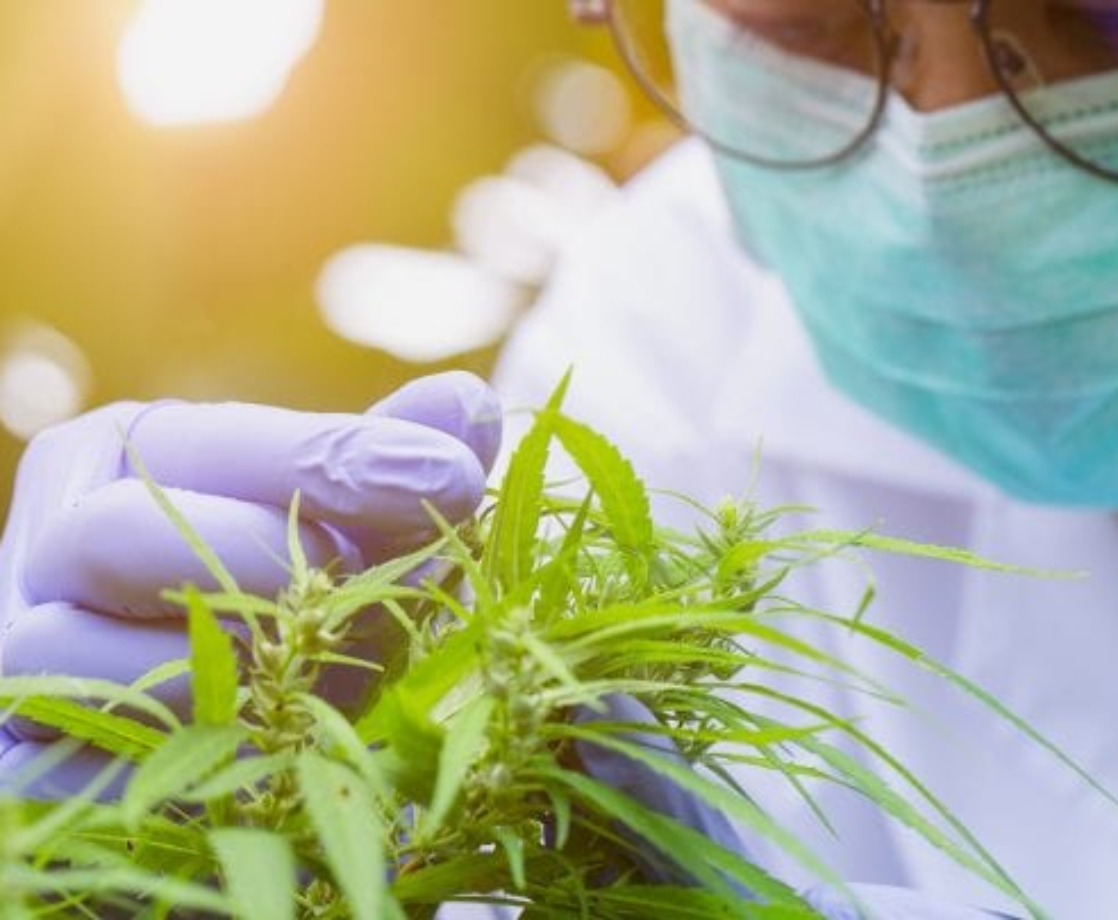US medical schools and medical organizations have traditionally avoided medical marijuana due to the plant’s 80-year outlaw status. But a medical university in Pennsylvania just defied tradition by partnering with a state-licensed pot company to investigate cannabis’s healing properties.
On Monday, the Philadelphia College of Osteopathic Medicine (PCOM) announced that it was teaming up with Organic Remedies, a state-licensed medical marijuana dispensary, to study cannabis’s effects on controlling chronic pain while weaning patients off of addictive opioid painkillers.
“Organic Remedies is honored to have the opportunity to work with such an esteemed institution as PCOM,” said the company’s CEO, Mark Toigo, in a press release. “This is an important step toward defining the medicinal value of this plant-based therapy to enrich the lives of Pennsylvanians and humanity as a whole.”
The overwhelming majority of American medical schools aren’t teaching our nation’s future doctors about cannabis, and that includes neither the plant’s benefits nor the dangers that may come with some medicinal cannabis products. However, osteopathic medical schools aren’t your typical medical schools.
The typical medical school practices what’s called allopathic medicine, where doctors approach treatment by reducing an ailment to a single physical cause. Then that cause is usually treated with a drug composed of isolated, synthetic chemicals, surgery, or radiation therapies.
Osteopathic medical schools, on the other hand, train doctors to understand illnesses from a holistic perspective. Rather than reducing an ailment to a single cause treated with a pharmaceutical, allopathic doctors will assess a patient’s entire lifestyle to better understand why they’re sick. Then, doctors of osteopathic medicine will employ a variety of conventional treatments — the same ones used in allopathic medicine — combined with unconventional treatments such as meditation, acupuncture, trigger-point massage, herbalism, yoga, Chinese medicine, ayurveda, or aromatherapy, to name a few.
And in case you’re wondering: Yes, osteopathic physicians are licensed to practice medicine in the US, and you’ll find them working alongside allopathic doctors at nearly every hospital.
Numerous studies have shown that medical cannabis can reduce, or even replace, the use of opioid-based painkillers. Opioids are incredibly effective at treating cancer-related pain, but the latest research suggests they’re not effective at getting rid of non-cancer-related pain like arthritis. Due to this, non-cancer patients with chronic pain usually must increase their opioid doses, and risk developing powerful addictions over time.
Currently, the US and other industrialized nations are experiencing an opioid-abuse crisis. In 2017, President Trump declared the crisis a national emergency. On average, 128 Americans die from opioid overdoses every day. According to a 2015 study, as many as 7.5 million Americans may be addicted to prescription opioid painkillers.
“Pennsylvania remains at the forefront of clinical research on medical marijuana,” said Dr. Jay S. Feldstein, DO, the CEO and president of PCOM. “Only through research will we more fully understand medical marijuana’s therapeutic applications and improve patients’ lives.”











